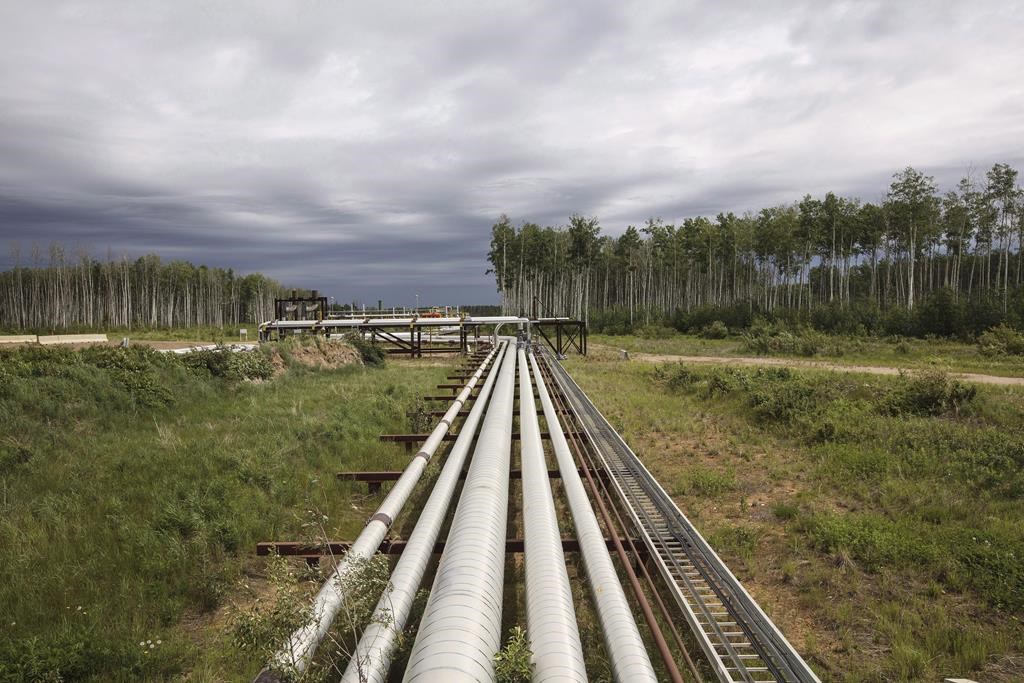Health officials are advising the public against all non-essential travel between northwest Saskatchewan and northern Alberta effective immediately.

The health advisory was issued Saturday afternoon by Saskatchewan Health Authority (SHA) and the Northern-Inter-Tribal Health Authority following new confirmed cases of COVID-19 in the northern part of the province. Contact tracing is currently underway.
The SHA says the cases are linked to travel between northwest Saskatchewan and Alberta.
“There have been reports of COVID-19 cases identified at an oil sands facility north of Fort McMurray,” said the SHA in a press release.
“In recognition that there are close connections between communities with regular interprovincial travel for work and other reasons, there is a potential for community transmission with continued non-essential travel between communities across borders.”
All northern Saskatchewan residents are being advised to self-isolate for 14 days upon return from northern Alberta.

Get weekly health news
They are asked to monitor themselves for any symptoms including fever, cough, sore throat, runny nose, chills, diminished sense of smell, body aches, shortness of breath and breathing difficulties.
Anyone with symptoms is asked to call 811.
Questions about COVID-19? Here are some things you need to know:
Health officials caution against all international travel. Returning travellers are legally obligated to self-isolate for 14 days, beginning March 26, in case they develop symptoms and to prevent spreading the virus to others. Some provinces and territories have also implemented additional recommendations or enforcement measures to ensure those returning to the area self-isolate.
Symptoms can include fever, cough and difficulty breathing — very similar to a cold or flu. Some people can develop a more severe illness. People most at risk of this include older adults and people with severe chronic medical conditions like heart, lung or kidney disease. If you develop symptoms, contact public health authorities.
To prevent the virus from spreading, experts recommend frequent handwashing and coughing into your sleeve. They also recommend minimizing contact with others, staying home as much as possible and maintaining a distance of two metres from other people if you go out.
For full COVID-19 coverage from Global News, click here.
- ‘Deeply ashamed’: Canadian Medical Association apologizes for harms to Indigenous peoples
- Kate Middleton marks quiet return to work following cancer treatment
- Health Canada gives 1 year to remove BVO from drinks. What are the risks?
- Never heard of eastern equine encephalitis? Cases are ‘likely underreported’









Comments